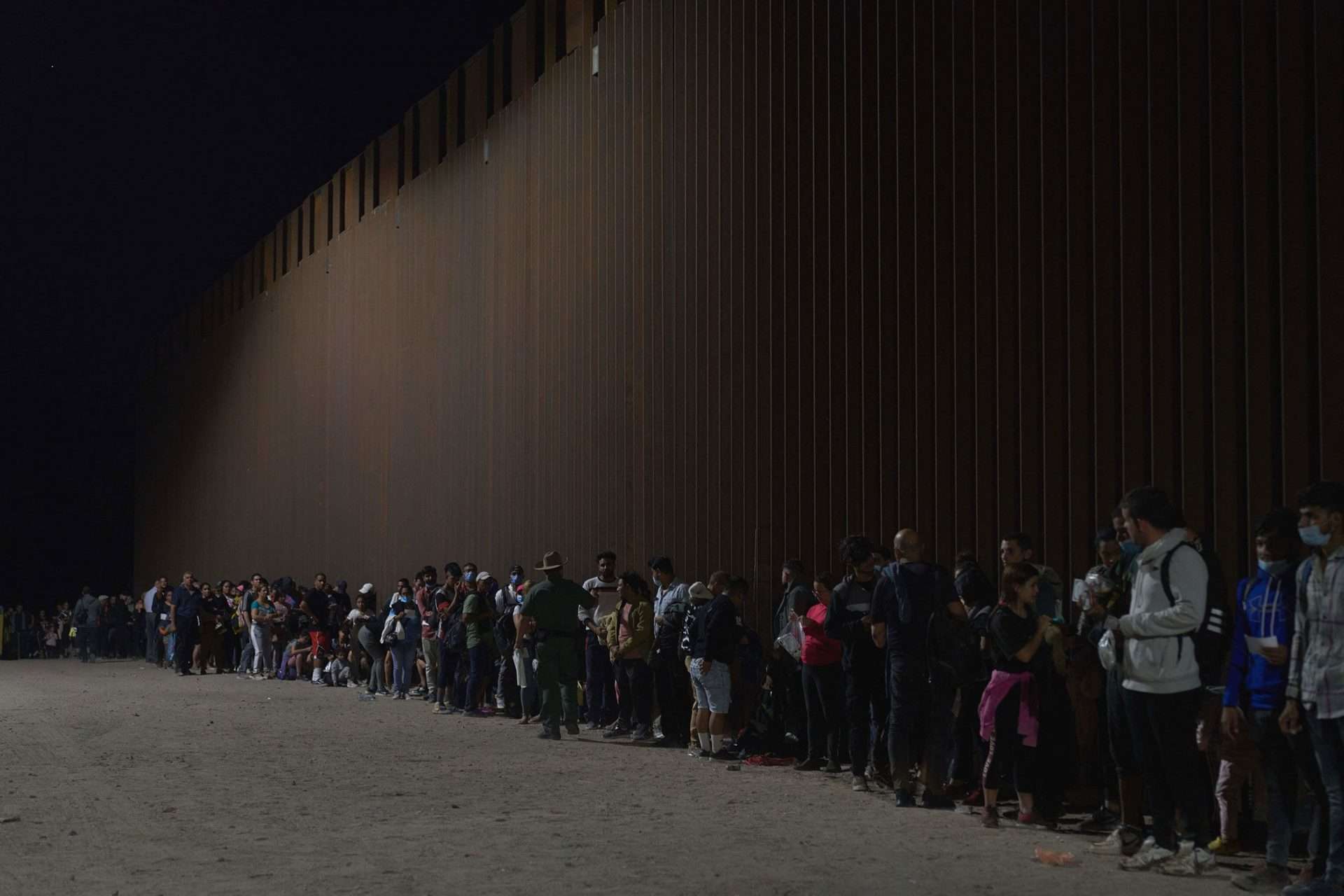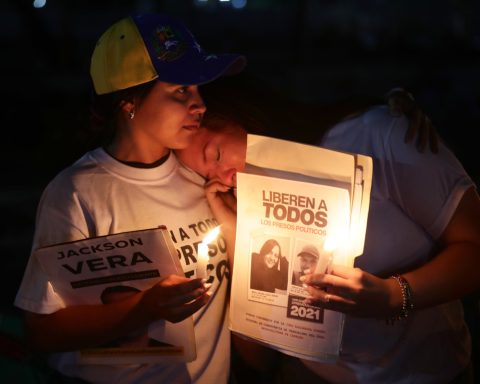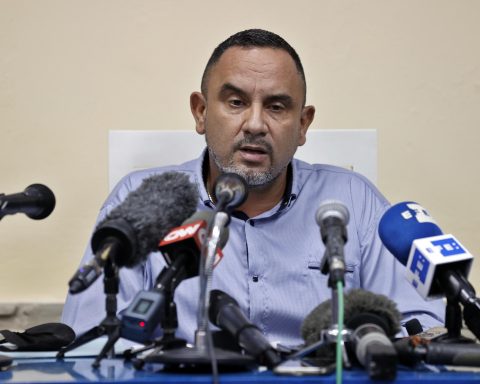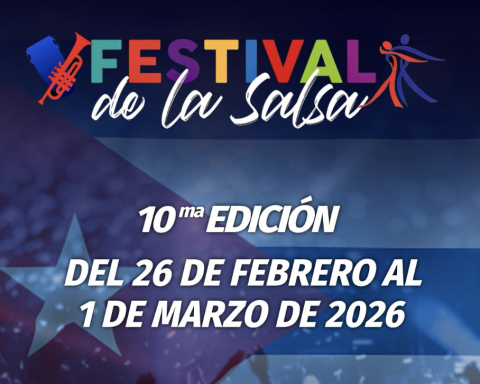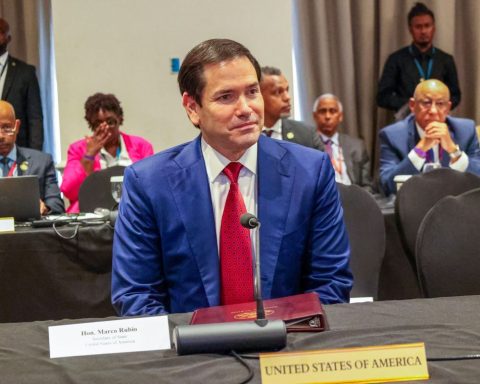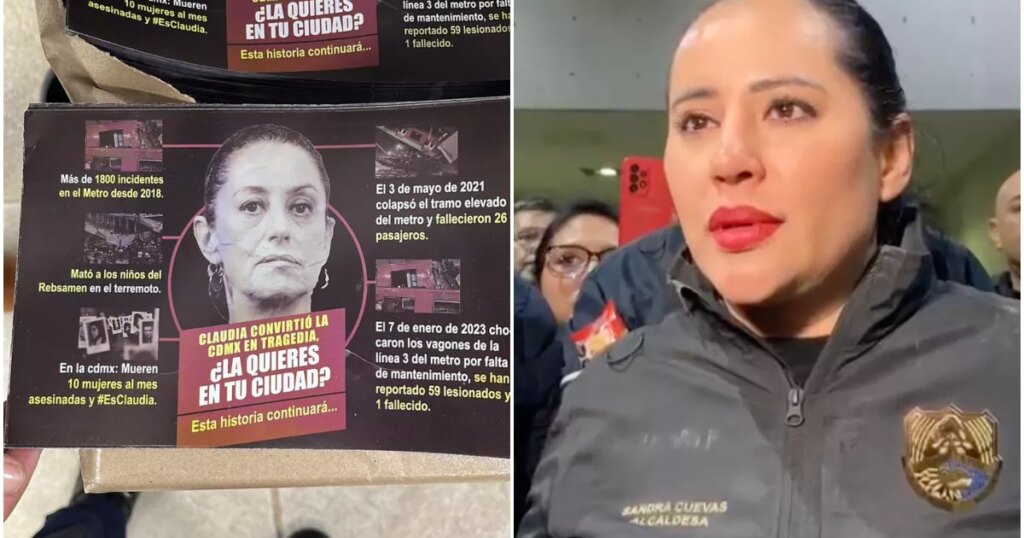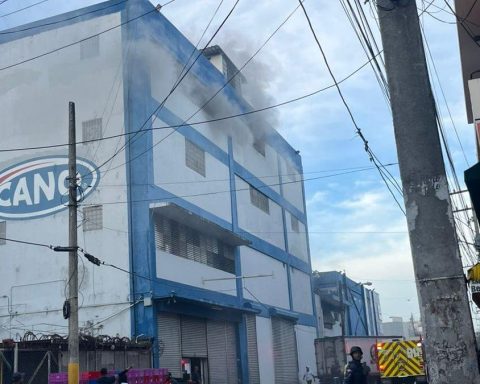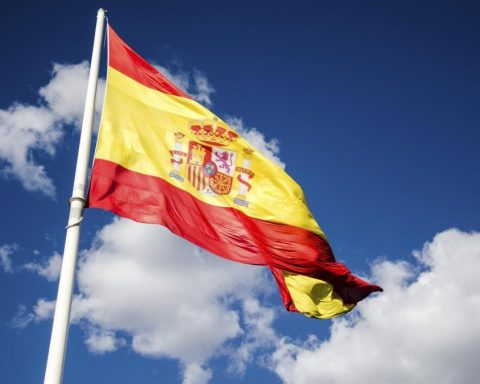The month of January is about to become the month with the fewest arrests of Cubans, Haitians, Nicaraguans and Venezuelans trying to cross the southern border illegally, with a dramatic reduction of 97% compared to December, the Department of Homeland Security (DHS) announced. ).
This is due to the fact that Mexico began to accept citizens of those nations expelled from the United States due to the application of Title 42, and the creation on January 5 of a new expanded conditional admission program (parole) for these people by the Biden administration.
The announcement came a day after Texas and 19 other Republican-ruled states filed a lawsuit to stop granting humanitarian parole to citizens of those four countries who apply to enter the United States under a financial sponsor.
Meanwhile, this Thursday a judge for the southern district of Texas has set the start of the trial for April 25. The lawsuit seeks to suspend the issuance of conditional humanitarian permits for those four countries, which could total 360,000 a year.
The complaint has been assigned to US District Judge Drew Tipton in Corpus Christi. This judge was appointed by former President Donald Trump and has ruled against the Biden government on deportation priorities.
Marco Rubio criticizes White House humanitarian parole program
“These expanded border control measures are working,” said Secretary of National Security Alejandro Mayorkas. “It is incomprehensible that some states that will benefit from these highly effective enforcement measures are trying to block them and cause more irregular migration at our southern border.”
“This illegal amnesty program, which will invite hundreds of thousands of aliens into the United States each year, will only make this immigration crisis dramatically worse,” Texas Attorney General Ken Paxton said in a news release.
So far, 1,700 Cubans, Nicaraguans and Haitians have arrived in the United States on humanitarian parole under policy changes announced this month. Thousands more from those three countries have been approved, government officials told journalists in a conference call.
“The combination of these measures has led to a significant reduction in the number of Cubans, Nicaraguans, Haitians and Venezuelans who want to cross the southwest border illegally. The data continues to indicate that when there is a lawful and orderly way, people are less likely to put their lives in the hands of smugglers,” a DHS statement said.
